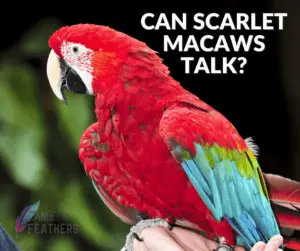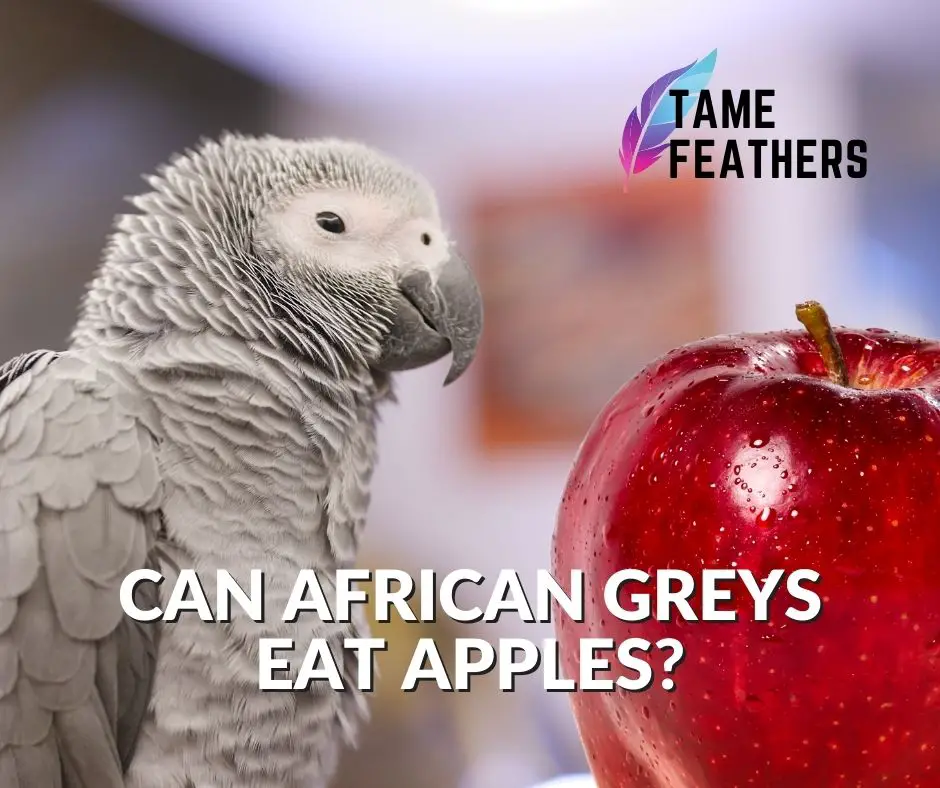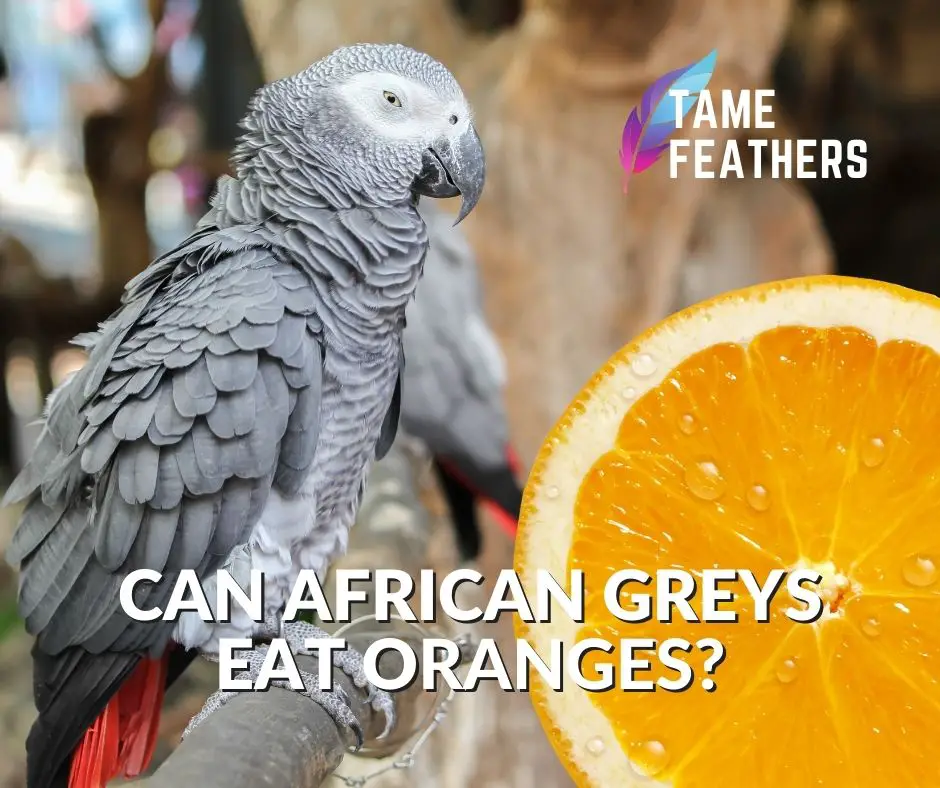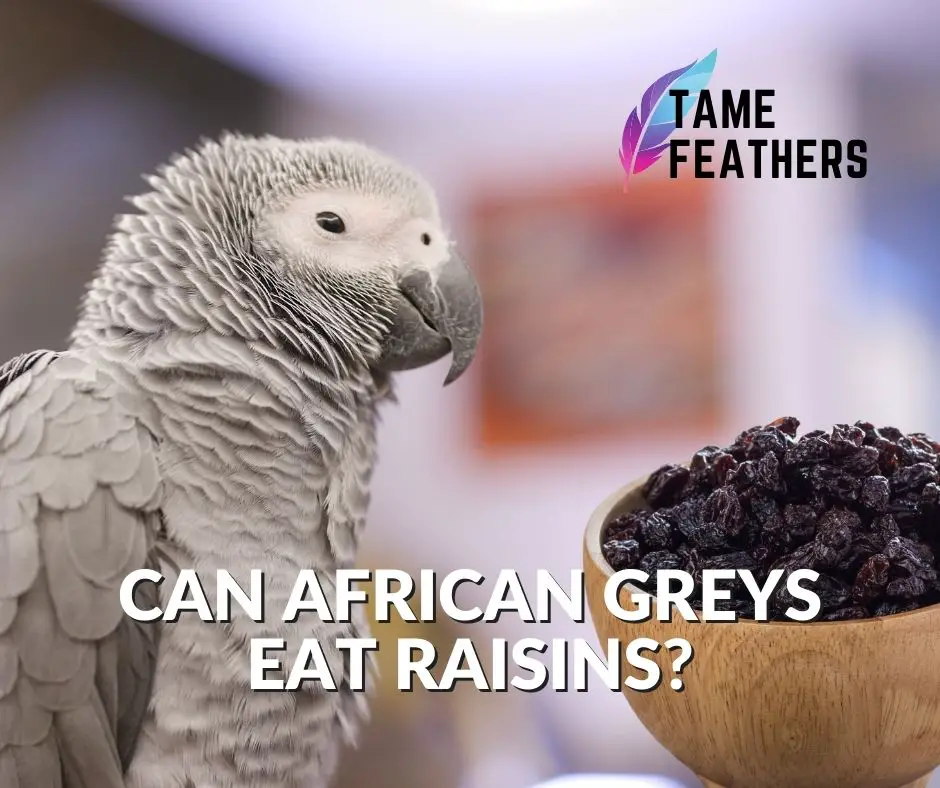Can Ducks Eat Popcorn: Exploring Different Opinions
Whether you’re a dedicated duck owner or someone who simply enjoys feeding the local wild ducks in your community, you may have wondered if it’s safe to feed ducks snacks like popcorn. After all, it’s a widely known fact that ducks will eat just about anything. However, when it comes down to what they should eat, opinions differ.
Some individuals argue that providing popcorn as an occasional treat is perfectly acceptable, while others warn against the dangers of offering food items that don’t meet the unique nutritional needs of ducks. Feeding any kind of human food, even as a treat, becomes controversial in both wild and domestic settings.
Before jumping to any conclusions about whether or not it’s okay for ducks to snack on popcorn, it’s important to consider the potential health risks associated with this seemingly harmless snack.
Potential Health Hazards of Feeding Ducks Popcorn
While humans enjoy consuming popcorn without experiencing any significant adverse effects (in moderation), there are several potential health hazards associated with feeding this popular snack food to our fine-feathered friends.
The primary concern when offering ducks popcorn is its low nutritional value. Unlike natural foods such as insects and vegetation which provide important vitamins and minerals necessary for maintaining good health, most commercial varieties of popped corn have little real nutritional benefit for waterfowl. More often than not, they are laden with salt and unhealthy additives.
Processed and Salty Foods Impact on Duck’s Nutritional Balance
It’s no secret that processed foods can be detrimental to our own health – so why would we think otherwise when it comes to animals? When it comes specifically to ducks or other waterfowl species such as geese and swans,processed foods like popcorn can upset their delicate nutritional balance by loading them up with excess sodium content and added ingredients that are foreign to their natural diets.
High levels of sodium can lead to serious health problems for ducks, such as impaired kidney function, dehydration, and an overall weakened immune system. Practicing caution when it comes to feeding ducks human food is absolutely essential, especially if you care about their long-term health and well-being.
Health Issues Associated with Unhealthy Duck Diets, Such as Obesity and Liver Disease
A poor diet can have devastating consequences for our web-footed friends. A diet rich in processed foods like popcorn may contribute to obesity in ducks, which can leave them vulnerable to a host of related problems including metabolic issues, heart disease, and even liver disease.
When it comes down to feeding waterfowl the right kind of food, there’s simply no replacement for a natural diet consisting of seeds, grains, insects, fish – not processed human snacks like popcorn.
The Importance of a Natural, Balanced Diet for Ducks: Grains, Seeds, and Vegetables
The key to keeping ducks healthy is offering them a balanced diet that consists primarily of grains (like wheat or barley), seeds (rich in omega-3 fatty acids), leafy greens (such as lettuce or spinach), and vegetables. These are the unprocessed raw materials that they require for optimal growth development.Their natural environment also provides access to aquatic insects such as snails or mosquito larvae,which form another important partof waterfowl nutrition .
A balanced diet is extremely crucial when considering the overall health which includes bone structure maintenance by providing necessary calcium levels required throughout their life cycles. They should not be given any food that fails this criterion – including popcorn!
Offering Cracked Corn or Oats as an Occasional Treat for Ducks
If you’re absolutely set on providing an occasional treat for ducks, consider offering more natural and nutritionally appropriate options such as cracked corn or oats. These food items are far more in line with the types of dietary components that ducks would encounter in their natural environments, and are therefore less likely to disrupt their delicate nutritional balance.
Keep in mind that even if you opt for a healthier alternative like cracked corn, moderation is key – this should not constitute a significant portion of the duck’s diet.
The Risks of Overfeeding or Relying Solely on Corn-Based Foods for Ducks
Although it may be tempting to offer those adorable ducks a tasty treat every time you see them, overfeeding can actually do more harm than good. Ducks that become overly reliant on human-supplied food sources may suffer from an imbalanced diet, ultimately leading to malnutrition or even starvation as they lose the ability to source their own food.
Moreover, exclusively consuming corn-based foods puts ducks at risk for developing nutritional deficiencies, as they aren’t ingesting the wide variety of foods necessary to support optimal health.
Why Experts Recommend Caution in Feeding Human Food to Wildlife
Feeding wildlife is generally discouraged by experts, especially when it comes to offering processed human foods like popcorn. It goes against the principle of supporting wildlife by providing what they need from nature. By regularly feeding them unhealthy snacks,you’re not doing any favors for their long-term welfare – quite the opposite!You’re fostering dependency_ .
Alternatives to Popcorn: A List of Safe Snacks to Offer Waterfowl
If you’re adamant about treating ducks every once in a while, consider offering healthier, more natural alternatives to popcorn.
Some examples of safer snack options include:
– Cracked corn
– Chopped lettuce or spinach
– Whole grains (wheat, barley)
– Oats
– Vegetables (peas, broccoli)
Remember that these snacks should be given moderately – feeding ducks excessively not only puts their health at risk but also detracts from their natural foraging instincts.
Environmental Considerations When Feeding Wild Duck Populations
Finally, it’s crucial to consider the environmental implications of feeding wild ducks. In many cases, overfeeding waterfowl leads to exponential growth in duck populations which then strain local ecosystems and disrupt the balance within that habitat.
Offering processed foods like popcorn introduces non-natural elements into their environment,which can have a negative impact on both duck health .By considering both the direct health effects and potential ecological consequences of your actions when feeding ducks snacks like popcorn, you can make informed decisions about how best to serve these fascinating creatures – ideally by allowing them to source their own nutrition from their natural environments rather than relying on human intervention.




